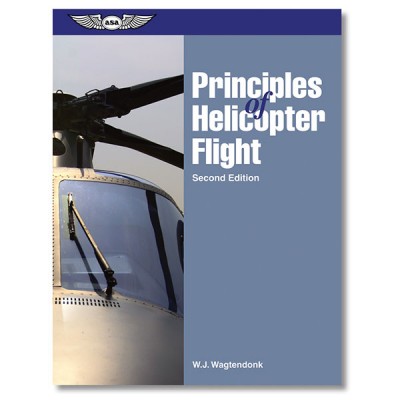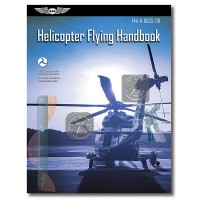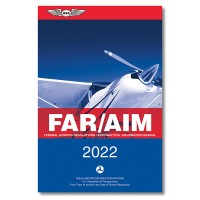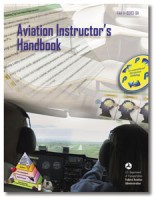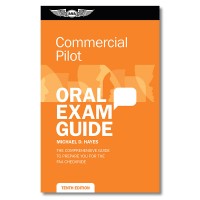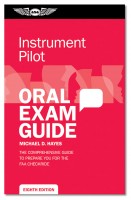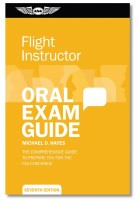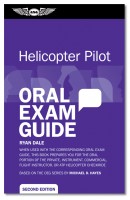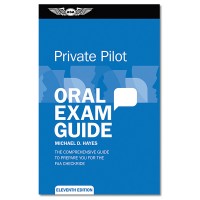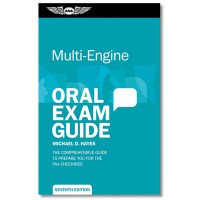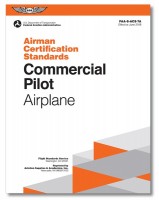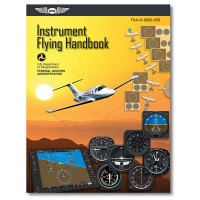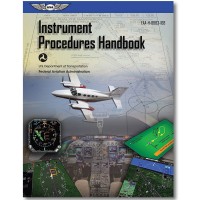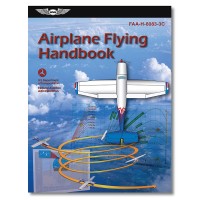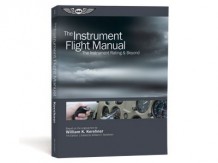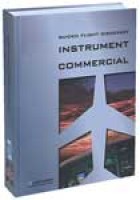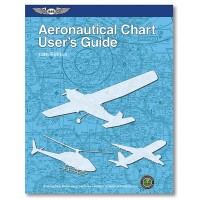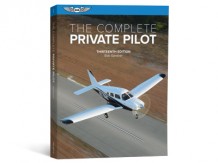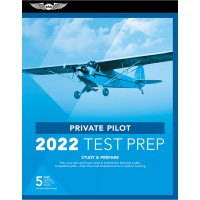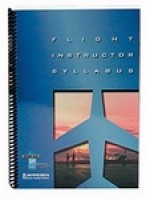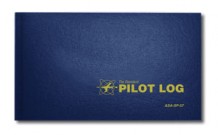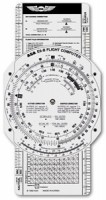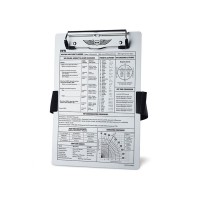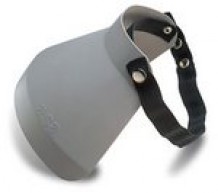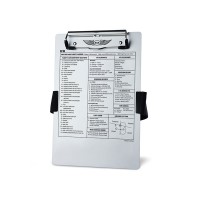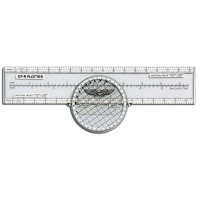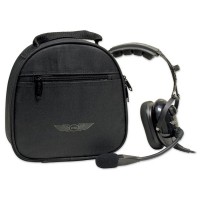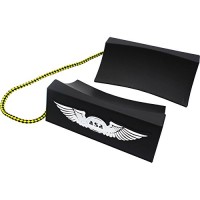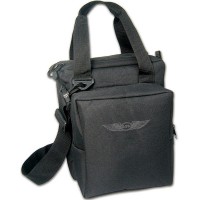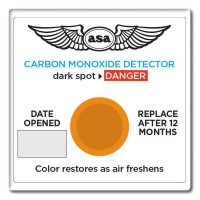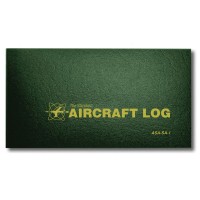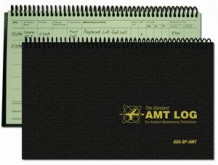ASA Principles Of Helicopter Flight
 Softcover Book
Softcover Book eBook PD
eBook PD eBundle
eBundle Textbook Images - CD Rom
Textbook Images - CD Rom Textbook Images - Download
Textbook Images - DownloadOverview
|
For the student learning to fly helicopters in the 21st century, this book is one of the essential keys to flight.
Helicopter pilots need to thoroughly understand the consequences of their actions, and base them upon sound technical knowledge. This textbook provides a foundation by explaining why the helicopter flies and, more importantly, why it sometimes doesn't. It examines the aerodynamic factors associated with rotor stalls, mast bumping, and wind effect, as well as maneuvering flight to include the hover, forward flight, flare, and autorotation. Helicopter design and components, performance, and weight and balance are covered, along with special techniques such as different types of takeoffs and landings, operating on sloping surfaces, sling operations, mountain flying, and helicopter icing. Technical knowledge and sound handling are the crucial ingredients that make a safe pilot. This second edition benefits from additional discussion of the NOTAR system and strakes, as well as frequently misunderstood principles of airspeed and high altitude operations. The book also concludes with a multiple-choice practice examination; used in conjunction with quizzes for each chapter, the reader can test their grasp of helicopter aerodynamics. |
Specifications
- Author: Walter Wagtendonk
- ISBN: 978-1-56027-649-4
- Edition: Second
- Dimensions: 8.25" x 10.75"
- Page Count: 320 pages
- Illustrations: Black and White
- Weight: 1.60 lbs
- eBundle / eBook
- ASA eBooks are for one person's use and can be read on up to five devices total using e-reader applications that are compatible with an Adobe ID. To read eBooks on more than one device, the e-reader applications on those devices must be authorized with your Adobe ID.
- To create an Adobe ID, or to recover lost or forgotten ID information like your login or password, (Click Here)
Version Types
eBook PD - A protected document that looks identical to its print book counterpart. Exact formatting and layout of the print books is maintained (text, images, margins, page breaks, etc.). Displays best on 10-inch or larger screens. Not recommended for small screens (phones) which require you to zoom in and pan around to see the full page. This document is not a .pdf file type. It is a .acsm file type. See http://asa2fly.com/use-ebooks for more details on how to setup your device.
Softcover Book - Printed book with heavyweight cover stock.
eBundle - Includes both the print book and eBook PD.
Q&A
Please note, Aircraft Spruce's personnel are not certified aircraft mechanics and can only provide general support and ideas, which should not be relied upon or implemented in lieu of consulting an A&P or other qualified technician. Aircraft Spruce assumes no responsibility or liability for any issue or problem which may arise from any repair, modification or other work done from this knowledge base. Any product eligibility information provided here is based on general application guides and we recommend always referring to your specific aircraft parts manual, the parts manufacturer or consulting with a qualified mechanic.


